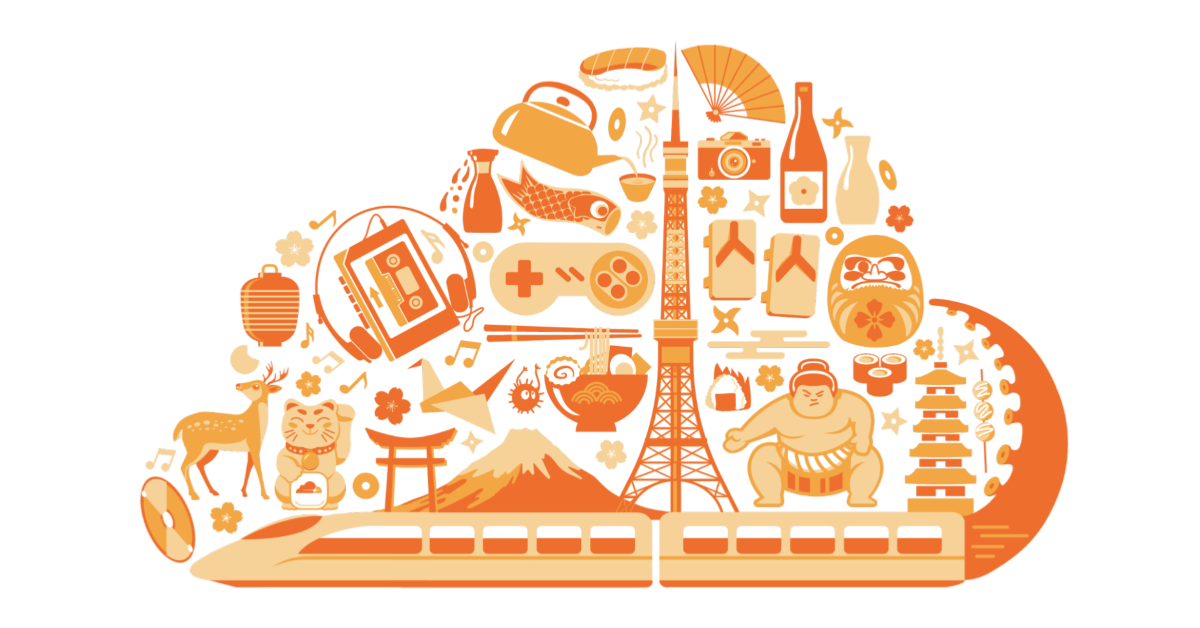Loading...
This post is also available in 日本語

“You can accomplish anything if you do it. Nothing will be accomplished unless you do it. If nothing is not accomplished, that’s because no one did it.“
— Yozan Uesugi
Long hours and hard work. If you ask anyone in Japan what our work culture is like, chances are, these are the words that will come to mind. Different countries have their own cultures and also specific work habits and ways of having a work-life balance. The pandemic brought everyone (companies and their people) a new reality, new lessons, and new habits. Here at Cloudflare, our thinking around where and how we do our best work has evolved over the course of the pandemic. We care about addressing the diverse needs of our workforce and our policies and benefits are designed to optimize for their flexibility and needs. To that end, Cloudflare Japan is making a few important changes to our employee benefits:
- “take what you need” time off for all our employees
- 16-week gender-neutral paid parental leave
- flexible working hours
First, let’s try to understand a bit of the Japanese work culture. According to Japan’s labor laws, Japanese employed workers are assumed to work a maximum of 8 hours a day, or 40 hours per week. But ask any employed person in Japan and you will soon discover that people work much longer hours than that. A 2015 study by the Organization for Economic Co-operation and Development (OECD) found that about 22% of Japanese employees work 50 hours or more each week on average, well above 11% in the U.S., and 6% in Spain. On top of that, people are also less likely to take personal time off. While existing labor laws provide every employed person with at least 10 days of annual leave (+1 day for every year of service, usually capped at 20 days), a 2017 General Survey on Working Conditions published by the Ministry of Health, Labor, and Welfare found that on average, people only actually took 8.8 days of annual leave per year.
Then came the COVID-19 pandemic and things started to change. With restrictions put in place, a lot of us had no choice but to work from home, a concept that’s completely foreign to the Japanese work culture. And now two years into the pandemic, there has been a shift in the Japanese way of working. In a recent Zero Trust survey that Cloudflare conducted in Japan, 74% of IT and cybersecurity decision makers said their organization will be implementing a combination of return-to-office and work-from-home. This means that the future of work in Japan is flexible.
While we encourage our teams to always get their work across the finish line, we also appreciate the value and importance of having personal time to be able to spend with loved ones, take up a hobby, or simply for rest and relaxation. We believe that time away from work helps you be better at work. Our time away from work policies are designed for that and reflect the reality that technology has enabled us to be more mobile and flexible in the 21st century.
On parental leave, we strongly believe that parents should have equal opportunity to bond with their new family member, and don’t believe in forcing a parent to designate themselves as a “primary” or “secondary” caregiver. We believe these designations create a false dichotomy that does not reflect the modern family, nor reflect our values of diversity and equality; especially when we know that these designations typically disadvantage the careers of women more than men in the workplace.
Lastly, we remain committed to providing great physical spaces for our employees to work, collaborate, and celebrate in, while they’re in the office. While remote work is currently still the norm, it will be up to teams and individuals to decide what works best for them for the task at hand. People may wish to come into our offices to meet with their colleagues, socialize, or join on-site workshops, but then choose to do their quiet focus time work from home. As such, we just completely redesigned and renovated our offices in San Francisco and London — starting with these offices with experimentation in-mind and with the purpose of reimagining our other global offices. Our way of working has changed, and as such our spaces should support this shift, to be a place where teams can come together and collaborate most effectively.
Cloudflare in Japan: 12 years in and a 100% increase in blocked attacks
Cloudflare has had a longstanding presence in Japan, expanding our network into Tokyo in 2010, just months after launching. Today, we have seven points of presence across four cities, and we also announced our Tokyo office in 2020.
Also, it’s important to mention that in Q4 2021, Cloudflare blocked an average of 1.9 billion attacks per day in Japan. That number has grown to 3.8 billion attacks per day blocked by Cloudflare in Q1 2022, an increase of 100% since the previous quarter.
My goal when I joined Cloudflare almost six months ago remains the same — to help customers in Japan accelerate their digital transformation, that will in turn help improve Japan’s competitiveness in the world. In order to do this, we need to continue to provide a great work environment and build a great team. And we’re just getting started!
We are actively recruiting in Japan and have many open roles across different functions. If you’d like to join us in our mission to help build a better Internet, come talk to us!

